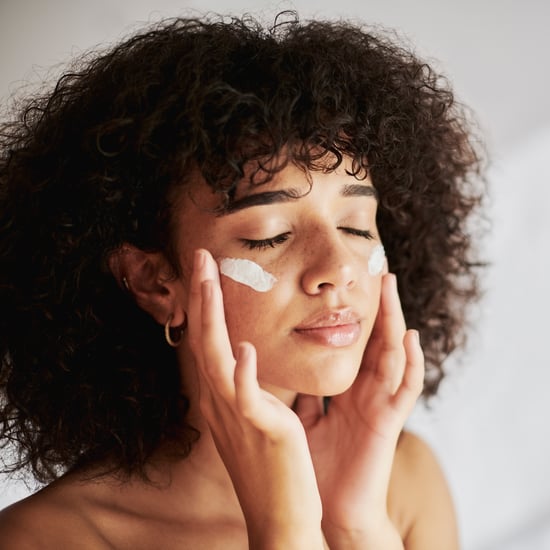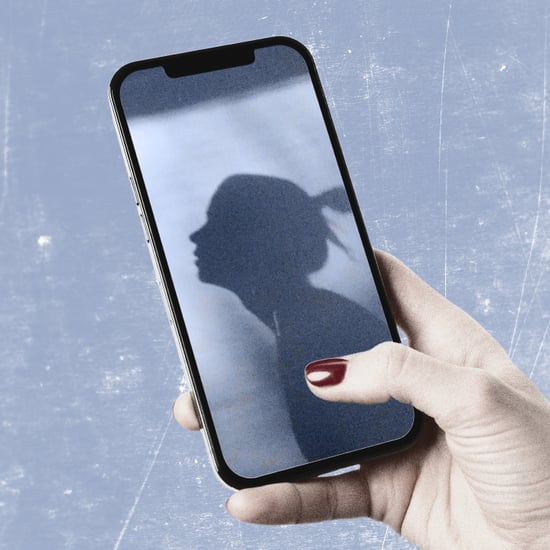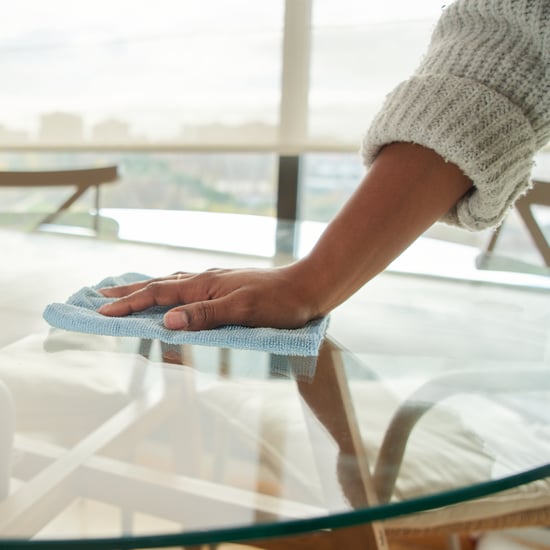Millinnial Mental Health Study 2018
Recent Health Study Proves That Millennials Are Stressed Out (and It's Killing Them)
Nicole Bradley-Bernard explains why all the stress millennials face is deteriorating their health, originally posted on YourTango.

The three areas of preventable stress could be the result of shorter life spans among millennials.
If you think that housing issues, social problems and employment challenges are stressing you out, you could be right. If you're a millennial, you may even notice it affecting your health. A recent study predicts that the millennial generation (people currently in their 20s and 30s) will suffer more health problems by middle age than their parents.
Life for millennials is different from previous generations and it's the leading cause of stress. The study showed that although the health of the millennial generation is improving in some ways (i.e. this generation has lower rates of teen pregnancy, fewer smokers, and less use of alcohol and drugs); this generation's overall poorer quality of life puts them at a greater risk for serious health problems by middle age like cancer, diabetes, and heart disease.
The study attributes the poor quality of life to the lack of good jobs, rising costs of housing, and the increasing popularity of social media (yeah, seriously). All these factors contribute to stress and depression, according to the study.
As a millennial myself, I have to say – I believe it. While I think there has always been a lot of pressure on people in their 20s and 30s; it's a particularly bad time to be in this age group.
While some of the stresses are the same – deciding what career, you want and pursuing it, deciding who you'll spend your life with romantically, and deciding whether you want kids. There are a whole new load of stresses put on us 20-somethings and 30-somethings now (as this study will point out).
The study was conducted in the UK so maybe we millennials in the US will be OK? … If you pay attention to these three areas of stress affecting your life, then yes, you can. Here are three factors affecting Millennial's quality of life to focus on to reduce stress and prevent it from threatening your life expectancy:
1. Take Employment Struggles in Stride
The lack of good employment among millennials was exhibited by the increase in "zero hour contracts" (work that you only get when you're "needed"), the increase in college graduates resulting to jobs that don't use their degrees, and to the gig economy (employment based on freelance/temporary work).
The lack of stable jobs with growth opportunities affects how much money the millennial generation makes, their sense of job security (which is practically non-existent), and their self-esteem from lack of a significant title at work. All these employment factors contribute to overall stress and depression levels being high. The report also speculated that the stress associated with the poor quality of work was more likely to lead to smoking and alcohol use.
Personally, I think this is also terrifying because millennials are at the age where whether or not we're going to have children or not becomes a consideration. Not only is not knowing how you'll pay for yourself in the long run concerning, but now, "how will I ever be able to afford children?" is something we're thinking about as well.
According to an article published in 2016 in Forbes, millennials turn to "gadgets to cope with stress." As a millennial, I can attest to that. Watching an episode of a show I like can unwind me from a stressful event. This statistic is ironic though, considering stressor #3 on our list.
2. Find Creative Ways to Manage Housing Issues
The rise of cost of housing was exhibited by millennials spending more time renting rooms in shared houses (in highly polluted areas with high crime rates) or living in their family home. The study has predicted that this trend leads to feelings of not having a "safe home environment," which leads to more stress.
And the stress is only exacerbated when your parents and grandparents discuss how young they were when they bought their first home. They must have just "worked harder than you" though, right? *Notes heavy sarcasm*
According to Forbes, we are not only using sedentary electronics to combat stress (like Internet, TV, apps, etc.), but we are also using healthy electronics to combat our ridiculously high stress levels like aroma therapy diffusers and exercise "peddlers."
This feels invasive to me because I totally have a diffuser. And I totally love and recommend it! While I don't necessarily believe in the healing effects of aroma therapy, I do think it relieves stress, which can have a healing affect. It's fantastic for better sleep or to just have at your desk during stressful tasks.
3. Do Something to Help Social Issues You Care About the Most
The increase in popularity of social media changes the way that the millennial generation maintains social relationships. Millennials maintain social and romantic relationships in person and online. This seems to contribute to social issues and a lack of a feeling of emotional support (from peers and family).
Plus, social media is creating stress with 82 percent of the surveyed millennials reported that social media "put them under pressure to behave in certain ways". According to the Office for National Statistics, millennials are more likely to suffer from "chronic loneliness" than any other age group.
Perhaps this is an indicator to spend way less time on social media (especially for us millennials) and to instead spend way more time making sure our relationships are worthwhile and meeting our emotional needs. Personally, I feel like Facebook is enough when it comes to social media (I feel more connected this way because I am connected to out of town relatives and such), but Snapchat? Give me a break. I only really use it to see cute videos of my nephew.
While our social skills may be lacking (or too intense) for proper "social health," according to Forbes, millennials are more likely to use herbal remedies for stress rather than prescription drugs and alcohol. So, I guess at least we're less likely to become addicts? Although, I wont pretend I'm not concerned that this statistic points to us not getting enough treatment for mental health problems.
Nicole Bradley-Bernard is a writer who needs coffee more than she needs anyone's approval. She enjoys putting bright colours in her curly brown hair, spending time outside on cool days, and being with her partner in life, Eric, who she considers a continuing source of inspiration.
Check out more great stories from YourTango:
- 7 Hidden Signs Someone Is Insecure (And How To Get Over It)
- People Who Wake Up Early Are Smarter, Healthier and More Productive
- If You Struggle to Lose Weight, There's a New Way to Help Shed Those Stubborn Pounds






